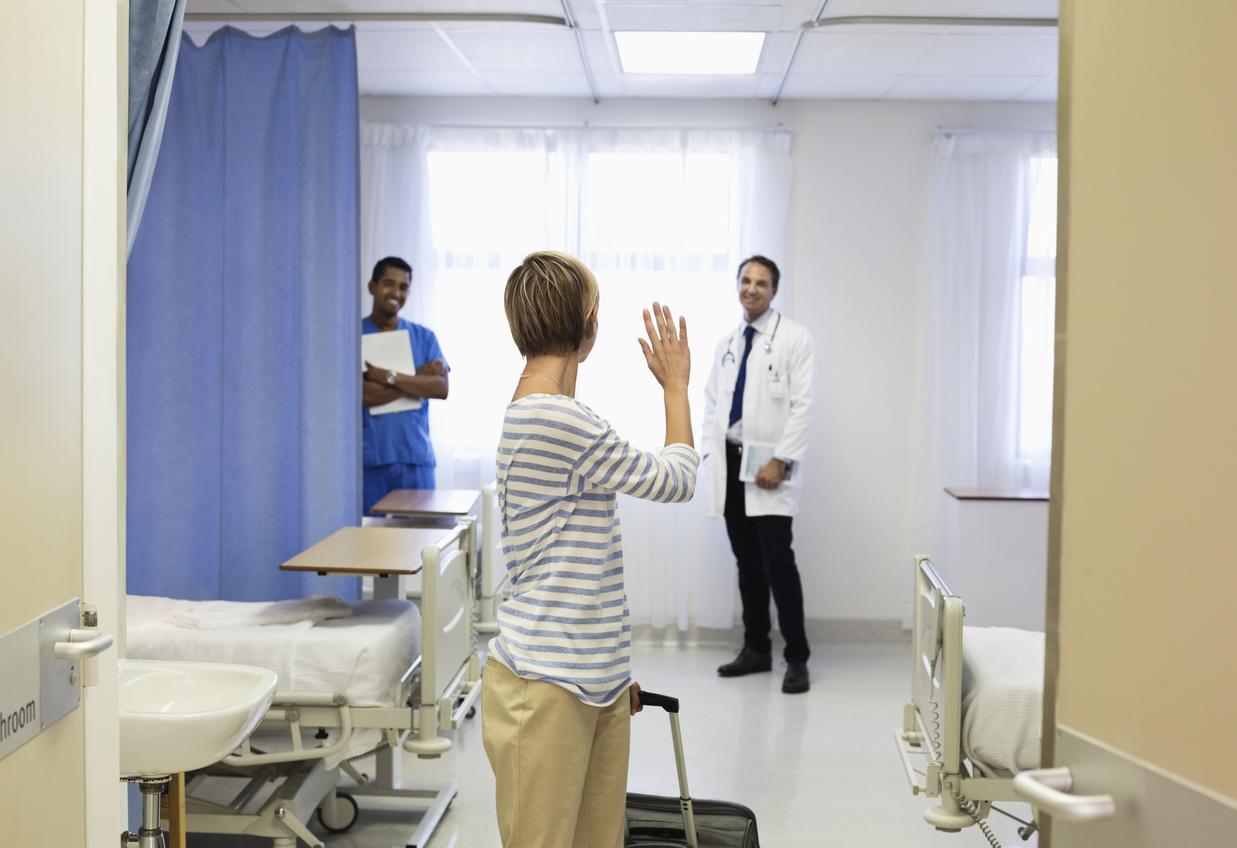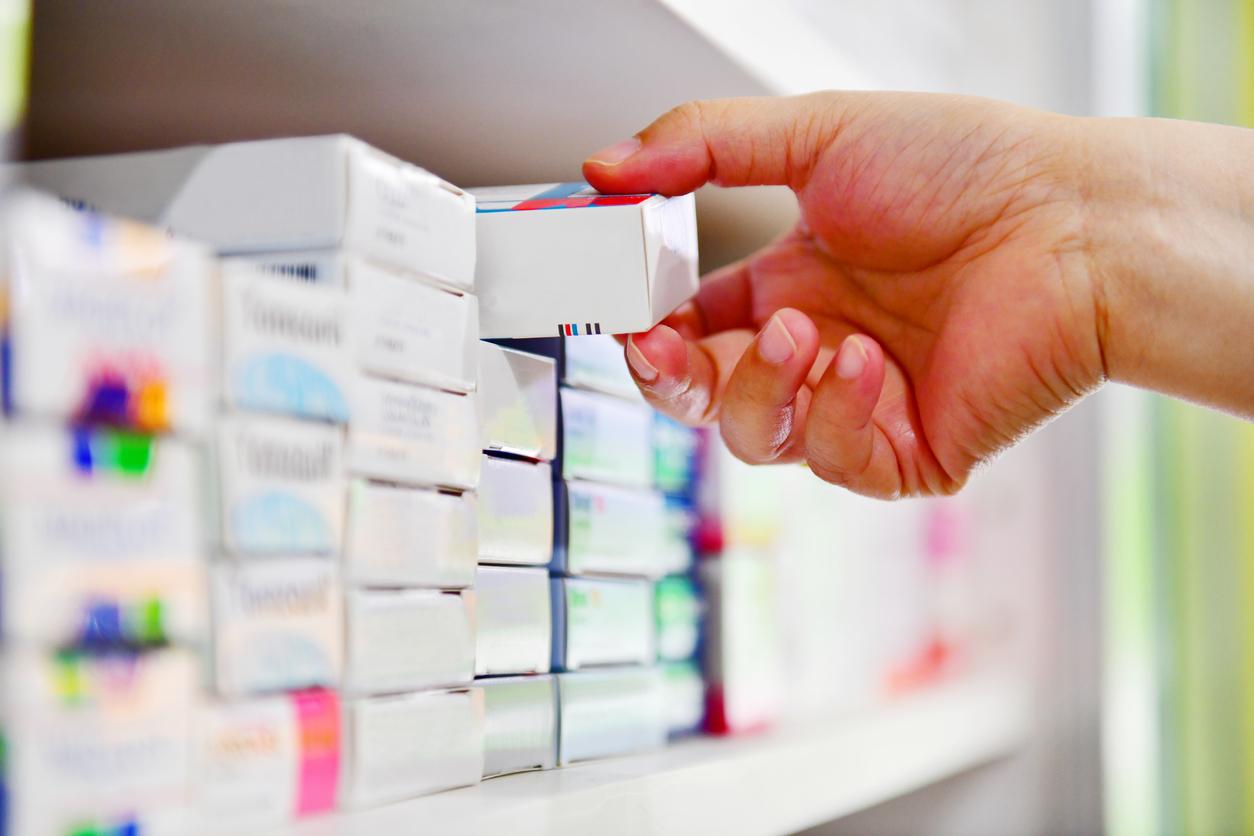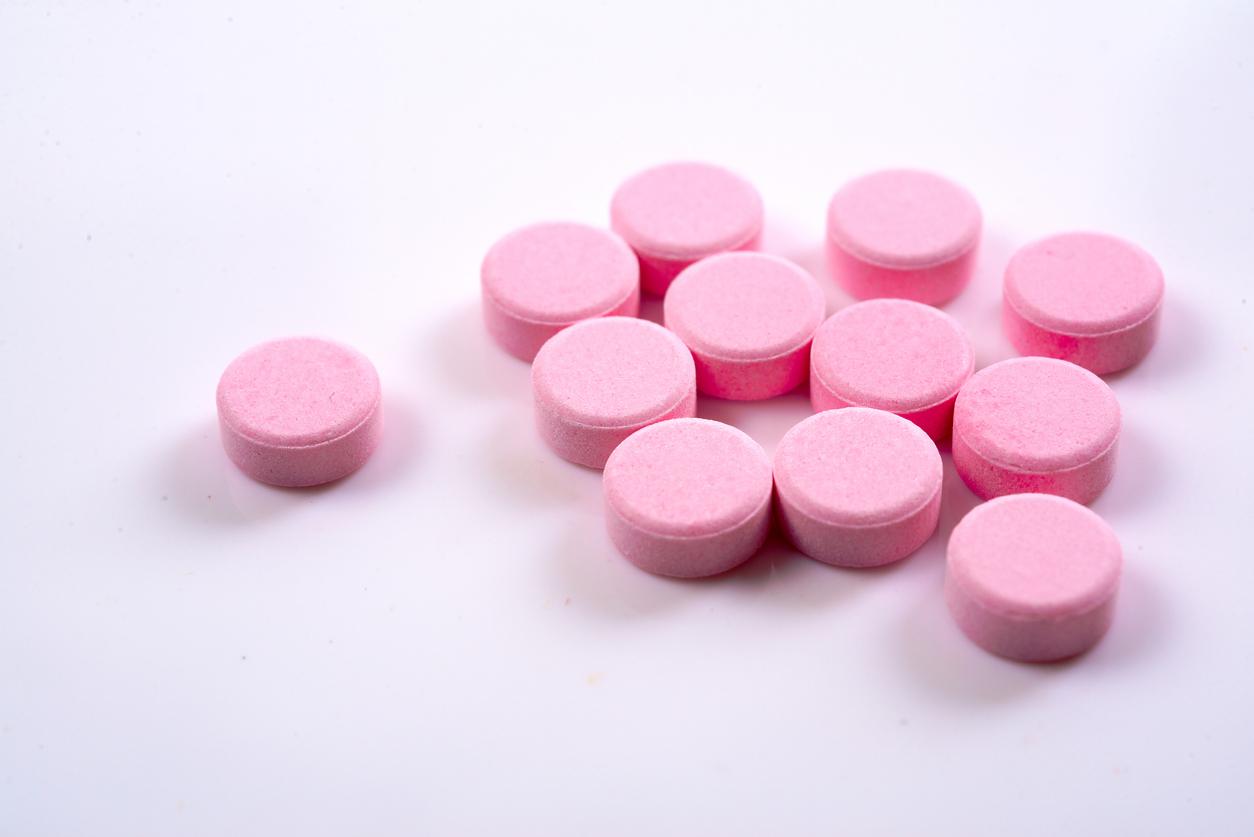Hospitalized people who leave the healthcare facility prematurely or against medical advice see their risk of drug overdose increase tenfold over the following month.

- In a Canadian study, 6,440 of 189,808 hospital stays ended in discharge before medical advice.
- Affected patients were more likely to be younger men with a psychiatric illness, substance use disorder, or history of illicit drug use.
- Overdose rates were 10 times higher after a discharge “at the initiative of the patient” or “against medical advice” than after a discharge advised by a doctor.
A significant number of hospital admissions end in patient-initiated departure before medical treatment is completed, according to researchers at the University of British Columbia in Vancouver (Canada). This can happen for different reasons: poorly treated pain, stress that accentuates psychiatric problems, conflicts with hospital staff and restrictions on travel or visits. “For a long time, front-line doctors and nurses have wondered whether leaving before medical advice increases the risk of overdose,” declared John StaplesCanadian professor.
820 overdoses occurring in the month following discharge from hospital before medical advice
In a study, the researcher and his team looked into the question. To carry out the research, they examined data from 189,808 hospital admissions. They focused on non-selective, non-obstetric hospital stays that occurred between 2015 and 2019 in Canada. Next, the scientists compared the fatal or non-fatal illicit drug overdose rate in the first 30 days after discharge from the health facility before medical advice, i.e. “on the initiative of the patient” or “against medical advice”, compared to the rate after discharge recommended by the doctor.
Overall, 6,440 (3.4%) of hospitalizations ended after adults requested to leave the hospital before medical advice or did so without the favorable advice of a healthcare professional. According to the work, published in the journal Canadian Medical Association Journalamong the 820 overdoses that occurred in the following month, 755 involved younger men with a psychiatric illness, patients suffering from a substance abuse disorder or with a history of illicit drug use.
Overdose: 10 times more risk after leaving the hospital prematurely or against medical advice
The results showed that the rate of fatal or non-fatal drug overdose within 30 days of hospital discharge was 10 times higher after discharge without medical advice than after discharge advised by a doctor, and this even after accounting for other overdose risk factors. Additionally, leaving the hospital before medical advice was also linked to an increase in future emergency room visits and readmissions.
“For people with substance use disorders, a long hospital stay can sometimes constitute a period of abstinence, potentially reducing tolerance to opioids and interrupting access to (addiction) treatment. Once these patients leave the hospital, persistent pain and untreated addiction can lead to more drug use than usual. All of these factors can increase the risk of overdose. explained John Staples, who led the study.

“Protocols to prevent outings and reduce the risk of overdose”
In the conclusions, the authors emphasize that patients requesting discharge before medical advice, particularly those with a history of substance use disorders, should receive urgent clinical and social support to reduce harm. overdose-related harm. “Hospitals and health systems should develop evidence-based protocols to prevent discharges before medical advice and explore new means of post-discharge outreach to decrease the risk of overdose after hospital discharge .”

















